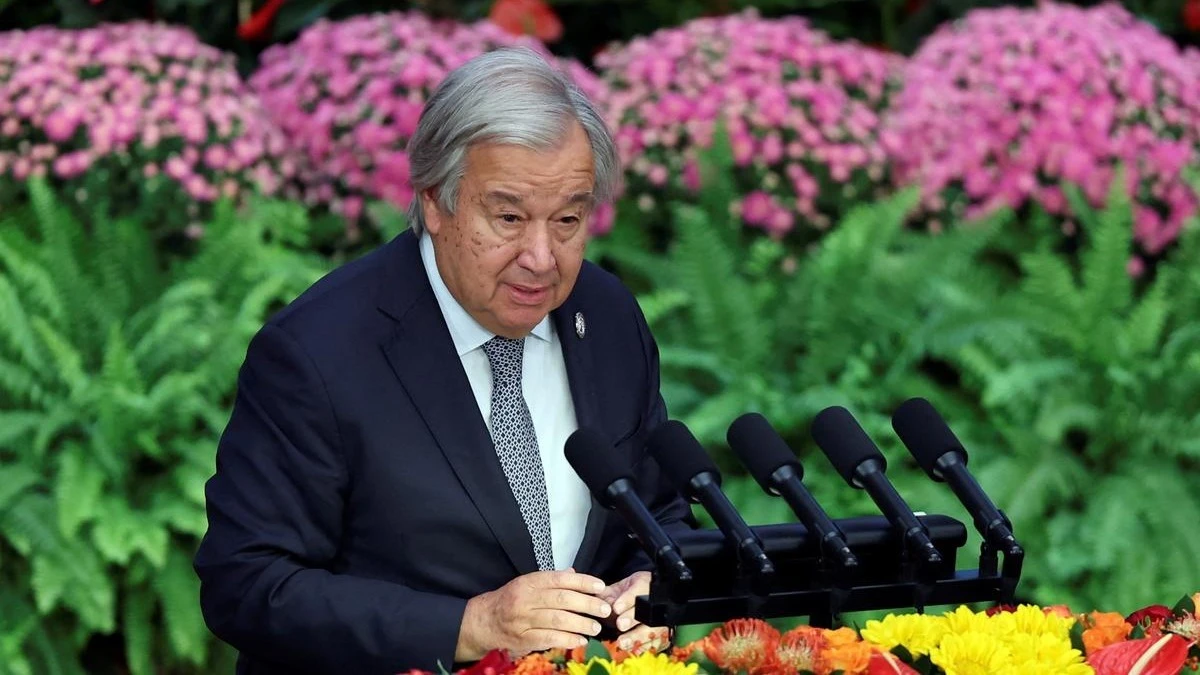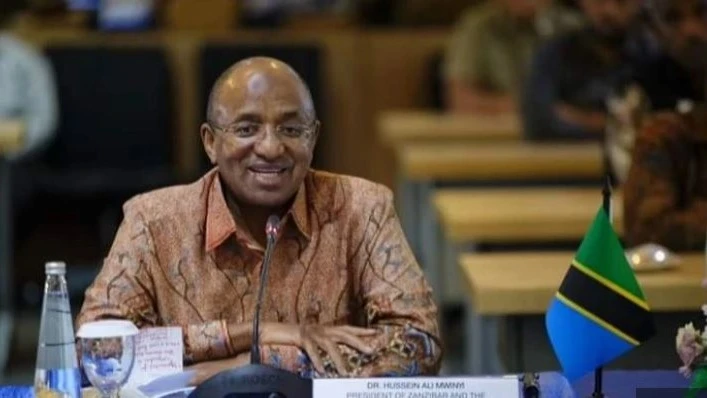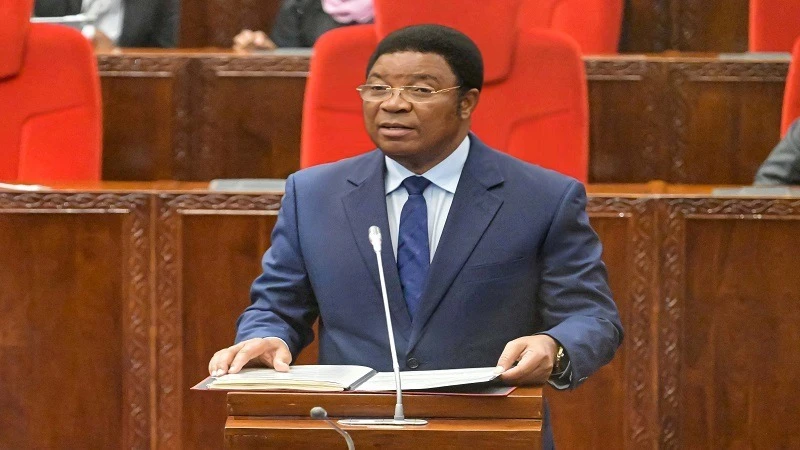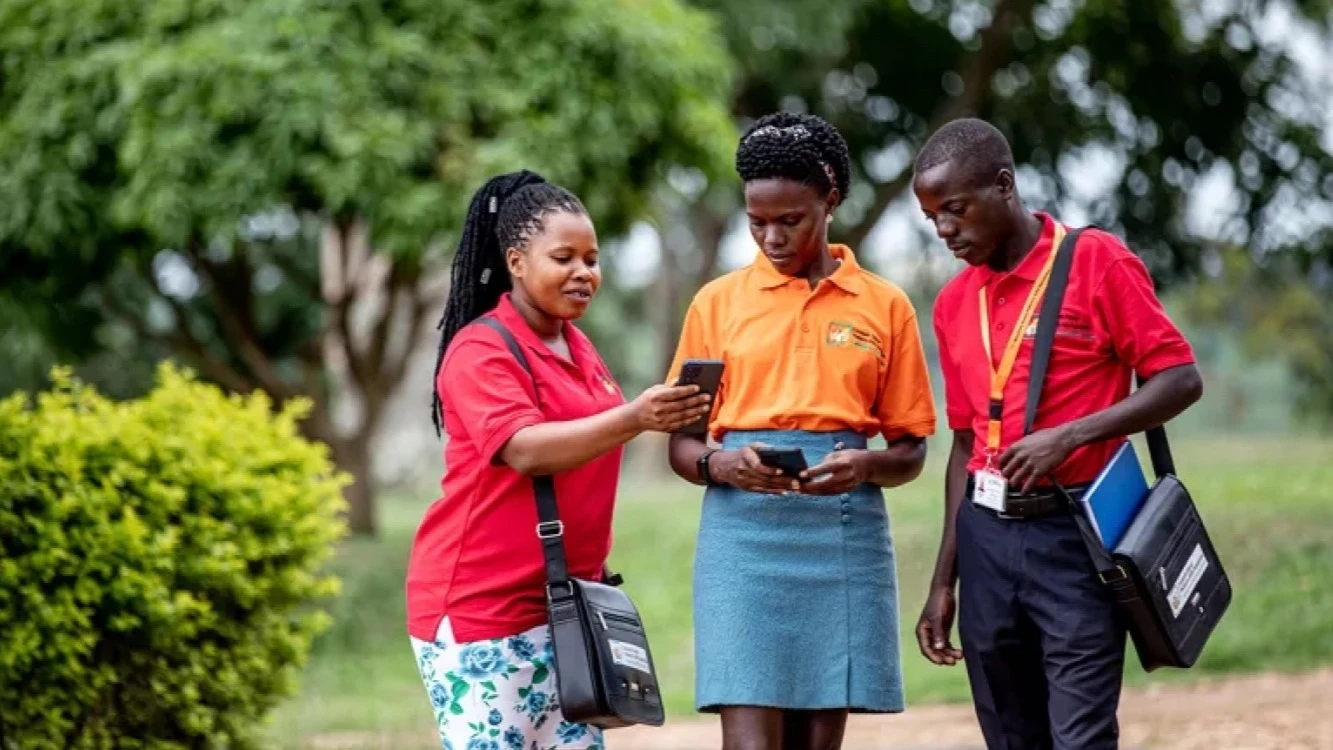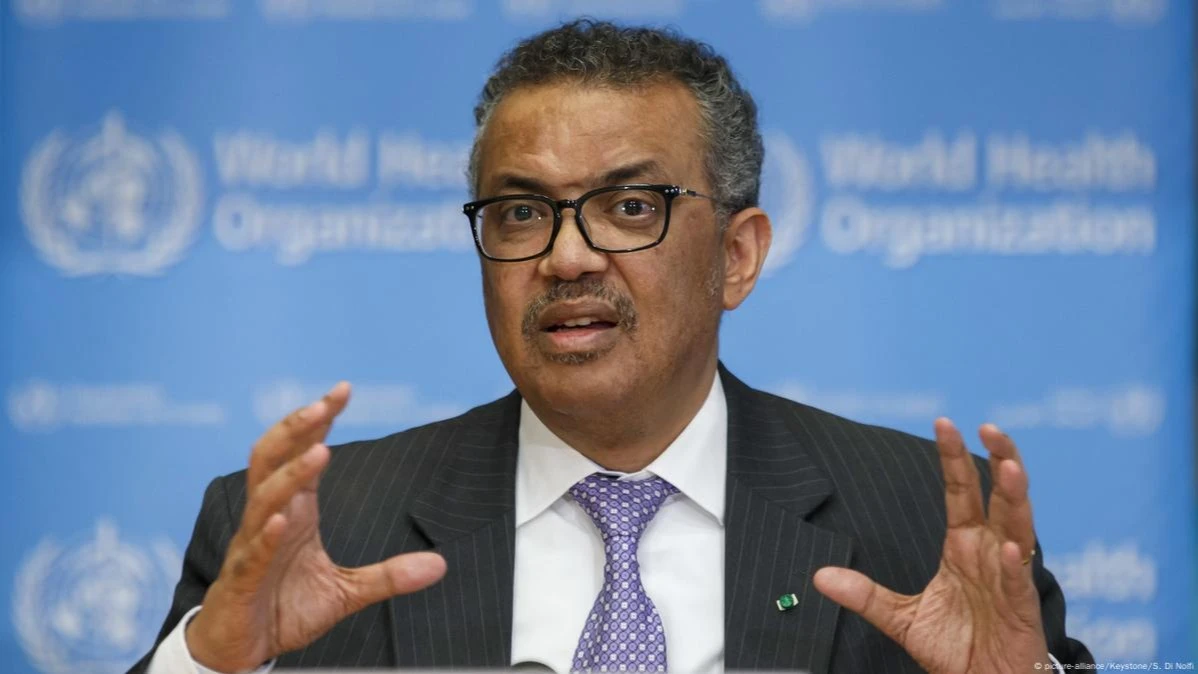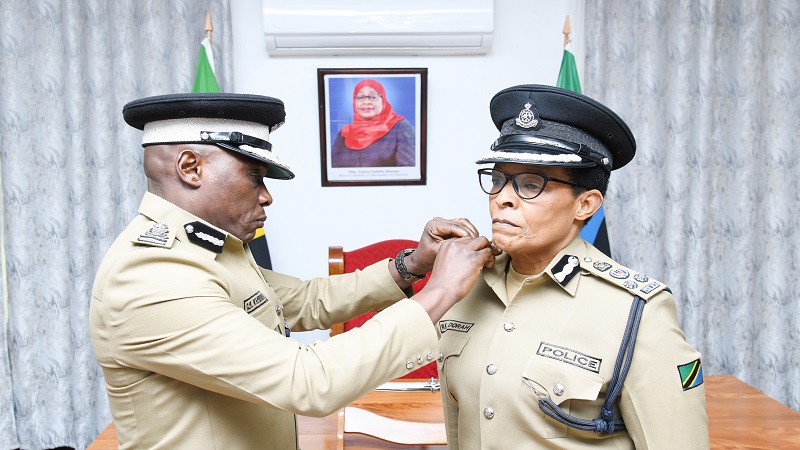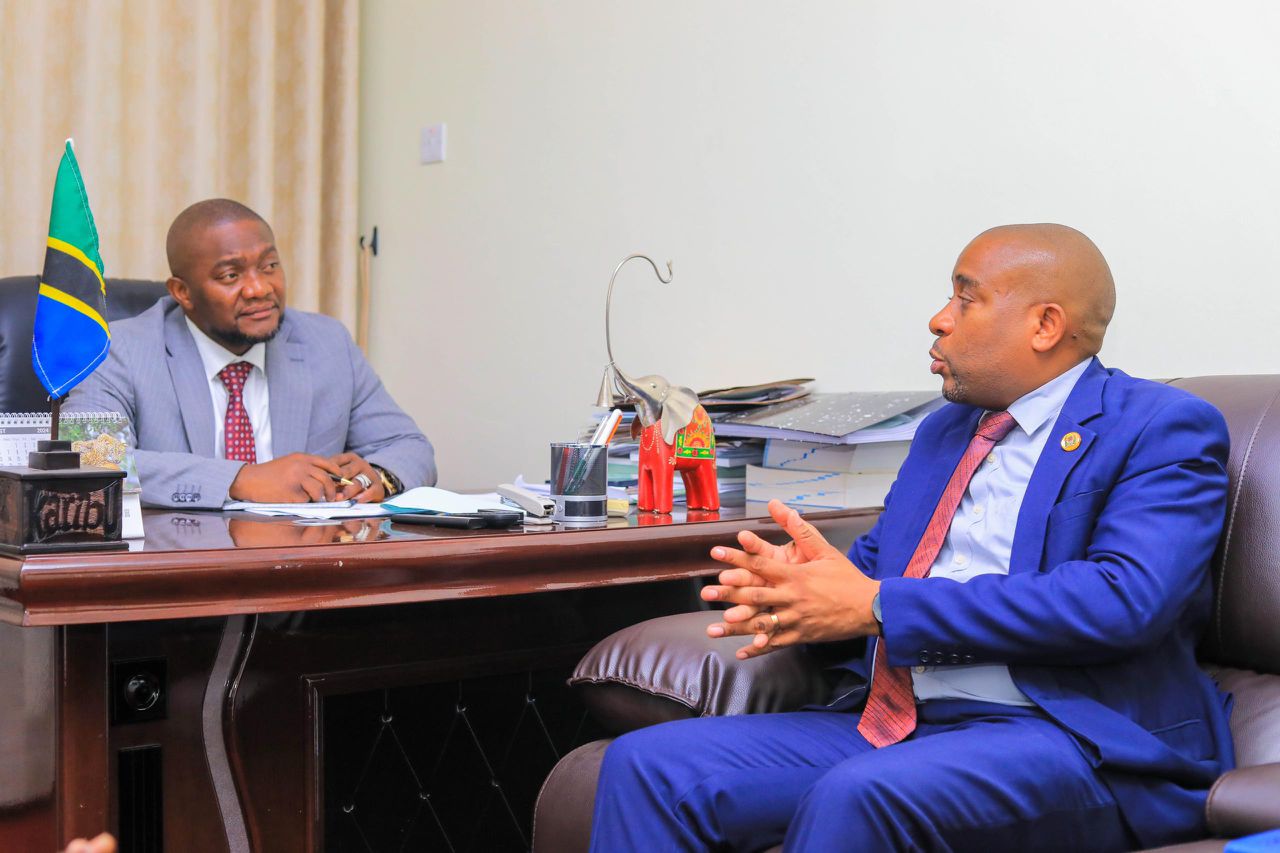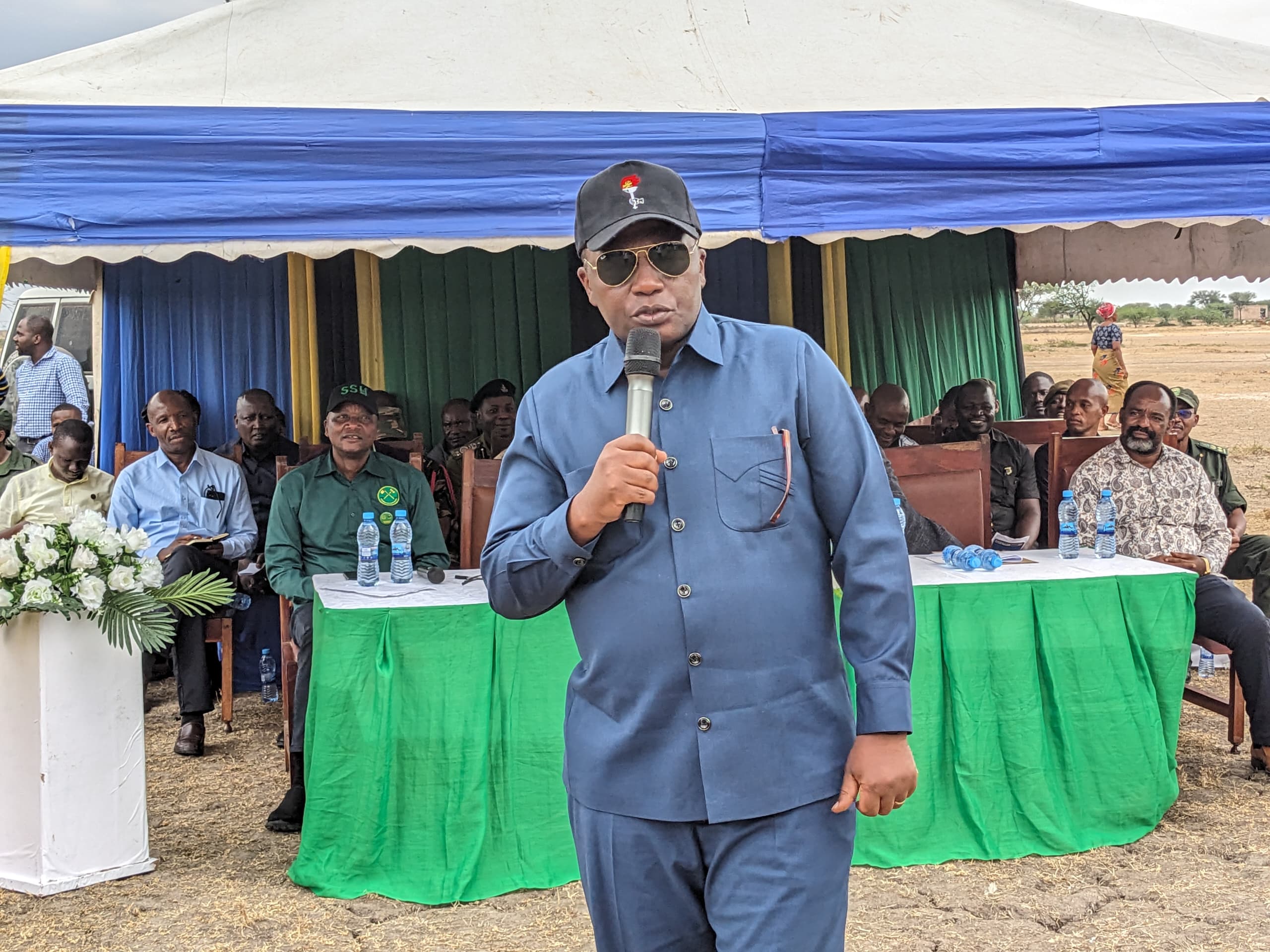Mkapa Foundation covering 32m people hired 13,000 health staff
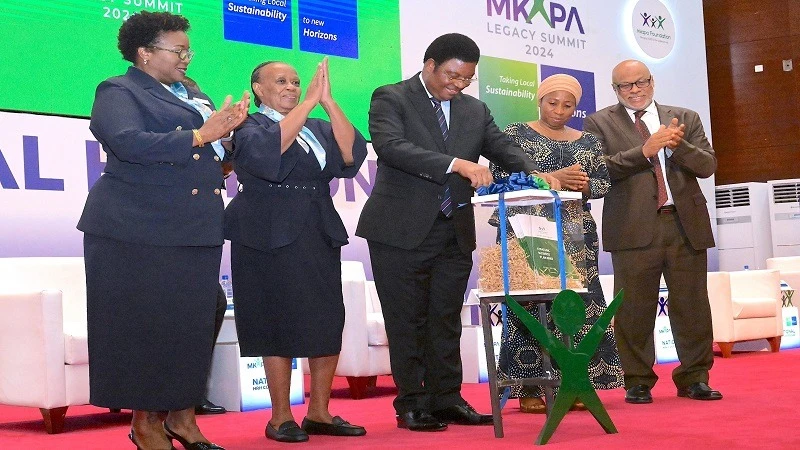
HEALTH sector operations of the Benjamin Mkapa Foundation (BMF) have in 18 years managed to reach 32m people and enabled 13, 000 jobs to be provided for healthcare workers with support from donor agencies and the government.
Dr Ellen Senkoro, the BMF chief executive officer, made this observation at the National Human Resources for Health (HRH) conference in Dar es Salaam yesterday, meant to mark the legacy of the late former president while celebrating the work of the foundation.
Prime Minister Kassim Majaliwa launched the foundation’s strategic business plan briefly, with an observation that the foundation has helped to transform the country’s health sector.
This year’s conference is themed around managing the health workforce as a cornerstone to a resilient and sustainable development agenda, and stresses the importance of human resources—an important pillar in driving the government’s transformative process of attaining a resilient health system for sustainable development.
To do so the government is raising investments in human resources, medical equipment and medicines as key pillars in attaining resilient health systems, he said, pointing at the Samia scholarships and health super specialization scholarship program.
These efforts buttress the late Mkapa’s legacy in improving the health sector as well as accelerating human capital development, he explained, underlining government efforts in strengthening primary health care services.
This effort extends to the district level by building more hospitals at the local level, to reduce the distance those living in remote areas have to cover to reach a health care unit, while the government improving referral services in top facilities like the Benjamin Mkapa and Bugando hospitals, both located upcountry, he stated.
During the three years of the current leadership, the government has employed 30,000 employees, assigned to various work stations, especially in underserved rural areas, he said, noting that deploying the doctors, nurses, and midwives was a significant step forward in developing health services countrywide.
Availability of human resources, medical equipment, and medicines remains a priority for the government, he said, while Health minister Ummy Mwalimu commended the foundation for its astute work in producing health professionals assigned to work in remote areas under three-year contracts.
“These employees do excellent work where they are stationed, and when their contracts with the foundation end, we have been retaining them to maintain those services in the areas they are accustomed to,” she said.
BMF was putting into practice the late president’s legacy as they are focused on addressing the prevailing gaps rather than making a profit in health care initiatives, she said, underlining that the former president brought up access to proper medical services through the National Health Insurance Fund (NHIF) initiated in 2000.
Dr Grace Magembe, the Health deputy permanent secretary, underscored that human capital development has been essential in the ministry’s work, where the government and BMF had reached a consensus of not only producing big numbers of healthcare workers but of the ability to catalyse social and economic development.
Michael Battle, the United States ambassador, said that a total of $7.5bn has been injected into the health sector by US government agencies to support its growth and success.
The US was working closely with the government and the Mkapa Foundation in assisting efforts towards realizing the goals of the Universal Health Coverage (UHC) policy, so that people have access to the best healthcare possible, “an asset that every country wishes to have,” he stated.
Large medical investments have seen a huge decrease in under-five mortality rates and a substantial increase in life expectancy, he further noted, explaining that the US government partnered with the Mkapa Foundation in addressing health challenges in the country.
Eight percent of the total health sector workforce has transited to meaningful employment, she said, noting that the conference comes at a time when Tanzania is striving to address the human resource gaps in health.
This is vital as it drives a transformative process to attain a resilient health system for sustainable development as the global shortage of health care workers threatens healthcare access, and Tanzania is no exception, he said.
“But also, efforts to achieve Universal Health Coverage (UHC) goals in Tanzania are hindered by the critical lack of skilled health professionals as outlined in the recent HRH profile,” he added.
Top Headlines
© 2024 IPPMEDIA.COM. ALL RIGHTS RESERVED









![The CEO of Flightlink Limited Mr. Munawer Dhirani and DTB Tanzania CEO, Mr. Ravneet Chowdhury [center] during the unveiling ceremony of the 72-seater ATR 500 aircraft over the weekend. Other officials present at the function are Chief Operating Officer.](https://ippmedia.com/storage/post-feature-images/01J75Y6DM8PY93SGFZD4GYPXJ4.webp )

